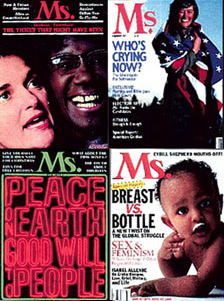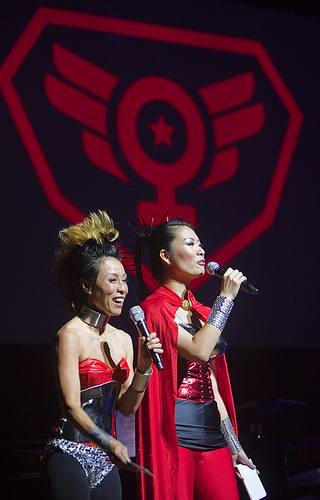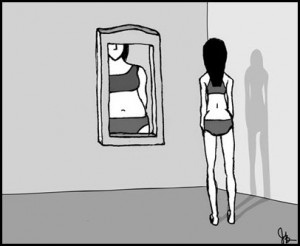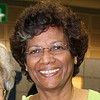I’ve just got married, and something I’ve taken for granted all my life – using my name – has suddenly begun to trigger vexing conversations.
Let’s be clear: I don’t run around with a megaphone offering unsolicited recitals of the many compelling arguments for keeping one’s name. (Perhaps I should.) But when asked about it, and when I’m wrongly addressed, I do clarify that I remain “Ms Tan”.
Making this statement seems to be like deploying a nuclear weapon, inasmuch as it prompts others to start up triple-layered security checks.

“Really?”
(Yes, really – otherwise I wouldn’t have just said it, right?)
“You’re not double-barrelling?”
(No, I’m not double-barrelling – otherwise I would have just said so, right?)
“But what if you have kids?”
(What does that have to do with the price of fish?)
I don’t actually give these satisfyingly vindictive fantasy answers – I suspect they prolong discussion, and all I want is to end these tedious, predictable exchanges as soon as possible. So I hurry things along, mumbling “I’m still Tan, I can’t be bothered”, and change the subject.
I want to look at the thought process (or total lack thereof) that generates these questions. These days, “Ms” is a common fixture of every level of public and professional life. Look in a directory, read your newspaper, fill in some forms – it’s there.
Many a married woman’s birth name is also a household name. Ho Ching is famously married to a Mr Lee; Beyonce Knowles to a Mr Z. I’m not a sparkly purple unicorn.
Why, then, the expressions of disbelief?
It seems to me these are best read not as authentic expressions of surprise or genuine requests for information, but as demands for justification. Many people, however informed, are so wedded to an ideological system of gender norms that they have difficulty respecting other people’s individual choices about many highly personal matters.
Their questioning reflects their belief that a straight and married woman ought to take her husband’s name – that this is a normative default and that anything else is somehow deviant. They are policing women for gender conformity.
I’m not attributing malicious intent to anyone. Rather, I think the questions show a failure to think – the lazy refusal to see women as individual human beings. Faced with a flesh-and-blood woman providing uncomplicated information about herself (“I am still Ms Tan”), these people erase the actual voice of the actual person speaking to them.
Rather than accept a clear statement of a woman’s preference at face value, they strive to remind her of the theory that all married women must use “Mrs”. In effect, when told of her identity, they change the topic to focus on their own attachment to a system of gender norms. It’s a perfect example of how systemic sexism can deny the individual humanity of women without for one moment requiring anyone to self-consciously believe in women’s inferiority.
It’s interesting to consider the post-colonial aspects of this, too. The “Mrs” convention is of Western Christian historical origin. Traditionally, neither Sikh nor Malay women change their names following marriage. The practice has enjoyed only a mixed foothold in Chinese, Hindu and Muslim communities around the world.
Children are not universally named after their fathers, either: they take their mother’s last name, for example, in the matrilineal families of Kerala, where many Singaporeans have their roots. The notion that becoming Mrs Husband is the “done thing”, or that departures from it are peculiar or unworkable or need especial explanation, is highly Eurocentric.
This critique is the sort of thing that some people refer to as “overanalysing” or “thinking too much”. On the contrary, my suggested solution is the simplest course of action possible: if you need to refer to a married woman by her last name, ask her what she would like to be called, and then use the name that she tells you. It’s really as easy as that. It’s only a cultural aversion to allowing women to be ourselves that makes it look any more complex.
The writer is a charity fundraiser based in London. She is a core team member of No To Rape, the volunteer-led campaign to abolish marital immunity for rape in Singapore.












 This has been one of the most active 3-month periods of my life, says CORINNA LIM as she reports on her first 100 days as AWARE’s Executive Director.
This has been one of the most active 3-month periods of my life, says CORINNA LIM as she reports on her first 100 days as AWARE’s Executive Director.